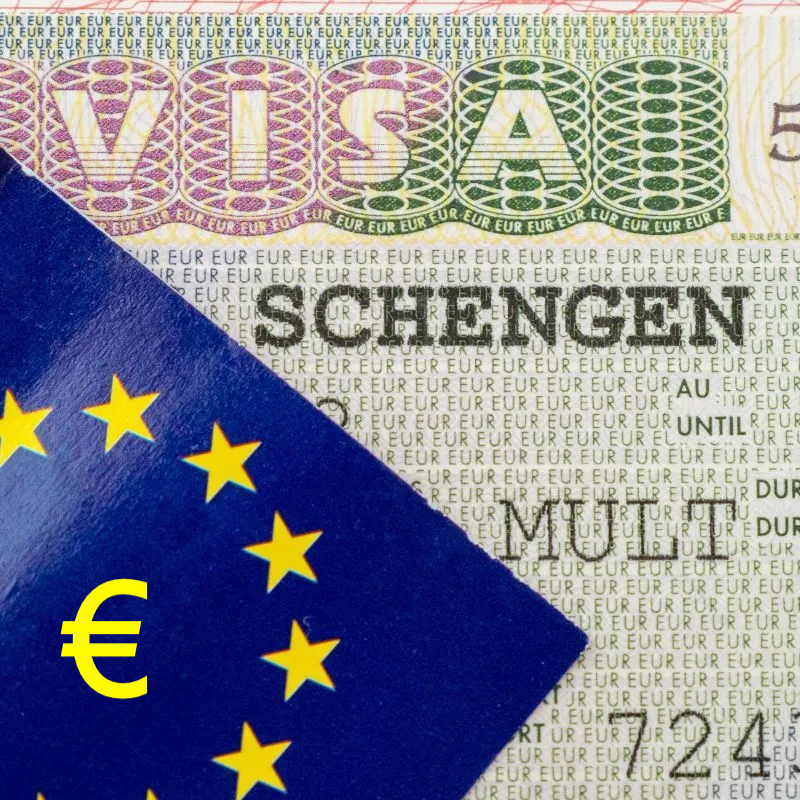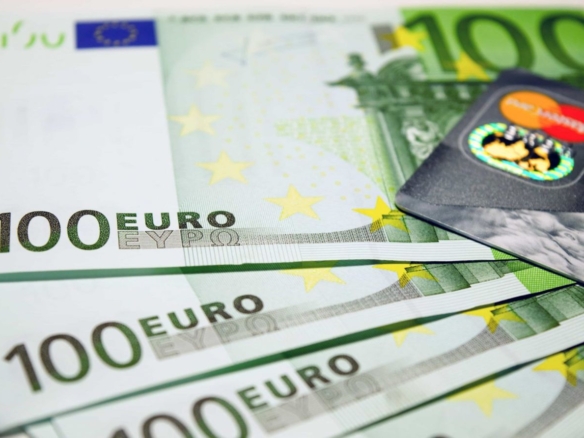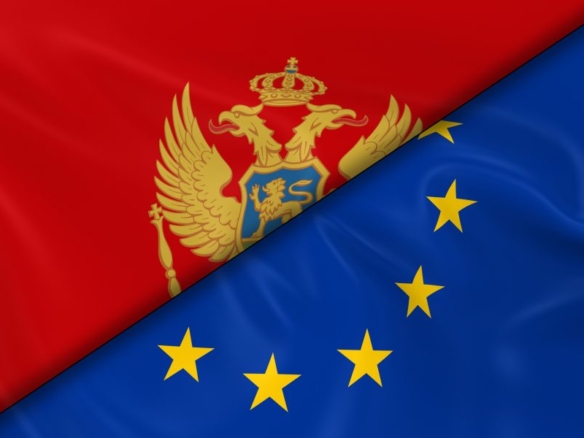Demystifying the EU: Untangling the Web for Montenegro’s Accession
EU, Schengen and Euro Zones: As Montenegro progresses on its path towards European Union (EU) membership, understanding the intricate tapestry of European integration becomes crucial. Three key concepts often used interchangeably but with distinct functionalities are: the European Union (EU), the Schengen Zone, and the Eurozone. Let’s delve into each and explore their connections and relevance to Montenegro’s EU aspirations.
The European Union (EU): A Political and Economic Union
The EU is a political and economic union of 27 member states. It fosters economic cooperation, political coordination, and social integration. Membership requires adopting the EU’s legal framework, known as the acquis communautaire, which covers areas like trade, agriculture, competition, and environmental protection. Joining the EU signifies a deep commitment to shared values like democracy, rule of law, and human rights.
The Schengen Zone: A Zone of Borderless Travel
The Schengen Zone is a separate agreement encompassing 26 European countries, including 22 EU member states and 4 non-EU members (Iceland, Liechtenstein, Norway, and Switzerland). Schengen eliminates internal border controls, allowing passport-free movement for citizens and residents within the zone. This fosters tourism, business, and personal travel, creating a more integrated space.
The Eurozone: A Shared Currency
The Eurozone is a subset of the EU where 19 member states have adopted the euro (€) as their official currency. It fosters deeper economic integration by removing currency exchange fluctuations and simplifying cross-border transactions. However, joining the Eurozone requires strict economic convergence criteria, including low inflation and manageable national debt.
Interconnected but Independent: The Relationship Explained
While these concepts are interconnected, they are not identical. EU membership is the foundation, granting access to the single market and potential future participation in Schengen and the Eurozone. However, joining Schengen and the Eurozone are separate decisions each member state makes.
Montenegro’s Journey: EU Aspiration and Beyond
Montenegro is currently a candidate country for EU membership, having formally applied in 2008. Negotiations are ongoing, focusing on alignment with the acquis communautaire. Once negotiations conclude and Montenegro fulfills all requirements, EU member states will vote on its accession.
Schengen and Eurozone – Post-EU Accession Decisions
Following potential EU membership, Montenegro will then decide on joining the Schengen Zone and the Eurozone. Schengen membership would require strengthening border controls and aligning with visa policies. Although the Euro has been unilaterally adopted as the official currency of Montenegro, Eurozone entry would necessitate fulfilling strict economic criteria and use of the euro under the Eurozone membership.
Understanding the distinct roles of the EU, Schengen Zone, and Eurozone is crucial for comprehending Montenegro’s path towards European integration. EU membership is the gateway, unlocking deeper economic and political ties. Schengen and Eurozone participation are subsequent decisions with their own sets of benefits and challenges. As Montenegro navigates this exciting journey, a firm grasp on these concepts will be instrumental for informed decision-making.
Contact us for assistance in finding the perfect property for you and your family in Montenegro.




Join The Discussion